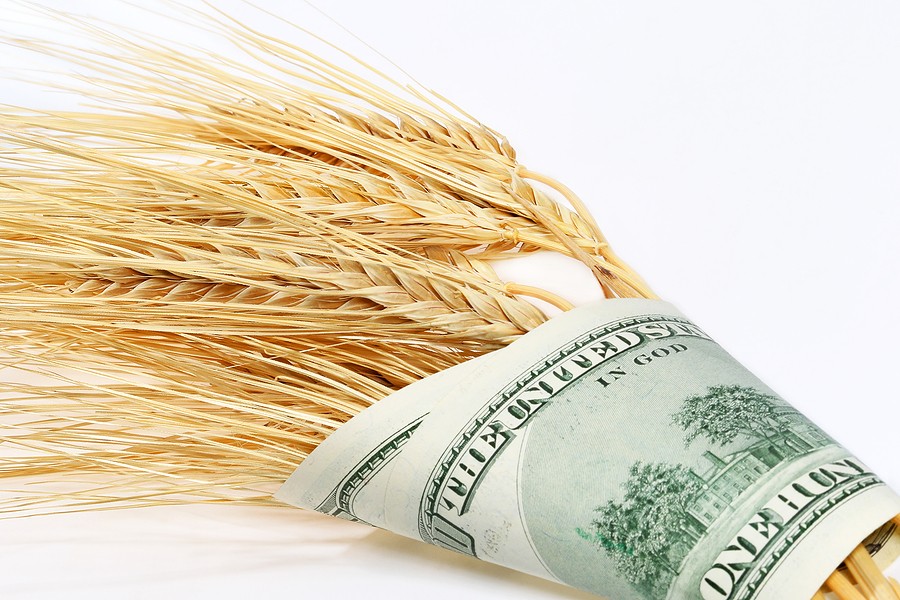We’re entering the thick of the presidential election, and it’s estimated that between $3 and $10 billion will be spent to impact the outcome. Money buys power, and that power allows well-heeled individuals, corporations and special interest groups to influence our democracy in ways that profoundly affect our daily lives.
Take our food and farm system. Big money and corporate power dictate how our food is grown, whether family farmers are able to earn a living, whether rural communities thrive or decline, and how our soil and water fare.
This election year, Farm Aid is taking a hard look at the way corporate power shapes the food we eat—from farm to plate. We’re peeling back the layers to reveal the power structure behind the issues that are concerns for farmers and eaters. We’ll also share stories of everyday people—farmers, eaters, activists, and advocates-who are standing up and reclaiming democracy in their own communities.
There are just a handful of powerful corporations exerting control over our farm and food system. But there are two million farmers and more than 320 million of us in the U.S. who eat! Our power lies in our numbers and our active participation. Democracy, after all, is the participation of all of us in public power-the solution lies in our hands and forks. Let’s dig in and get to work!
Let’s start by taking a look at GMOs and the power of seed and chemical companies…
Elise Higby
Elise Higby is an Oregon farmer who grows non-GMO seeds to sell to farmers across the world. The integrity of her seeds is a point of pride and requires a meticulous type of attention to conditions far beyond the farm’s boundaries. Elise didn’t intend to become an activist, but when Syngenta’s GMO sugar beet plots started popping up in her community, and their lawyers started showing up in her farmer meetings, she was forced to take a stand and speak out. Elise says, “Farming’s already a risky business as is. We don’t need the additional threat of [GMO] contamination.”
Read more about how Elise is standing up for non-GMO seeds, biodiversity, and farmers everywhere.
New Guides About GMOs
Want to learn more about GMOs? Check out our new guides.




